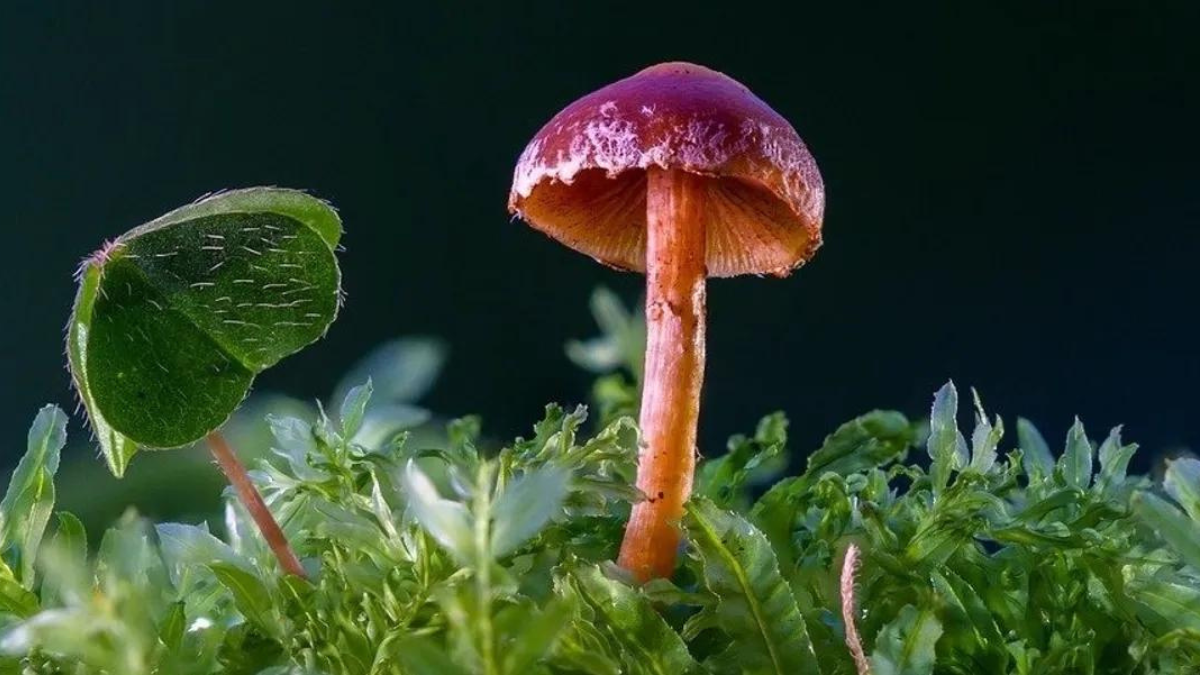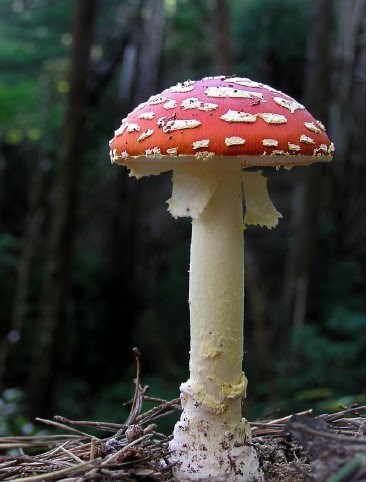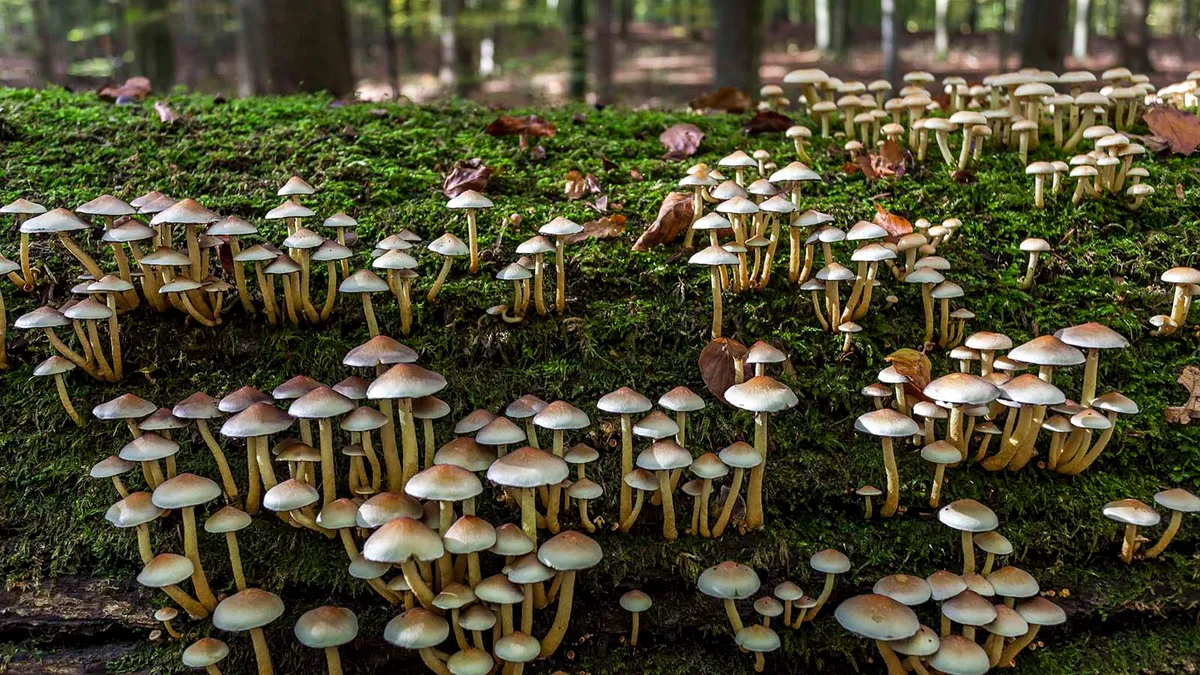
Astrobotic's Peregrine lunar lander encountered bo...
news-extra-space

 Image Credit: nps.gov[/caption]
There is already growing interest in mushroom-based building materials, packaging, and textiles. Mohammadi and his team have even created a prototype set of headphones using the thread-like structure, called mycelium, that makes up the fungus. The hope is that mushroom-based products will break down once they are no longer useful, unlike plastic which can linger for decades in the environment.
However, there are still several challenges that need to be addressed before mushrooms can replace plastic entirely. For example, mass-producing mycelium for market would require additional research and development, and the fungus' genome may need to be tweaked to emphasize certain traits. Moreover, the mycelium cannot be harvested from forests as it could damage the ecosystem.
[caption id="attachment_98102" align="aligncenter" width="1200"]
Image Credit: nps.gov[/caption]
There is already growing interest in mushroom-based building materials, packaging, and textiles. Mohammadi and his team have even created a prototype set of headphones using the thread-like structure, called mycelium, that makes up the fungus. The hope is that mushroom-based products will break down once they are no longer useful, unlike plastic which can linger for decades in the environment.
However, there are still several challenges that need to be addressed before mushrooms can replace plastic entirely. For example, mass-producing mycelium for market would require additional research and development, and the fungus' genome may need to be tweaked to emphasize certain traits. Moreover, the mycelium cannot be harvested from forests as it could damage the ecosystem.
[caption id="attachment_98102" align="aligncenter" width="1200"] Image Credit: GETTY[/caption]
Nonetheless, using mushrooms in place of plastic could significantly reduce the mountains of waste generated by humans. If products made from fungus become waste, they can become food for new mycelium production, creating a closed-loop manufacturing process, which is the gold standard for making any consumer product at least a little more sustainable.
Image Credit: GETTY[/caption]
Nonetheless, using mushrooms in place of plastic could significantly reduce the mountains of waste generated by humans. If products made from fungus become waste, they can become food for new mycelium production, creating a closed-loop manufacturing process, which is the gold standard for making any consumer product at least a little more sustainable.
Leave a Reply






